da Brian Long mancano 9 anni
843
Measurement: Length, Area, and Volume
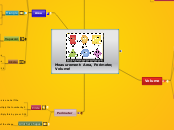
da Brian Long mancano 9 anni
843

Più simili a questo
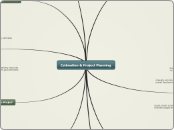

da Claudiu Belu
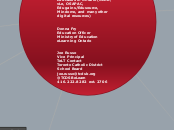

da Joe Russo
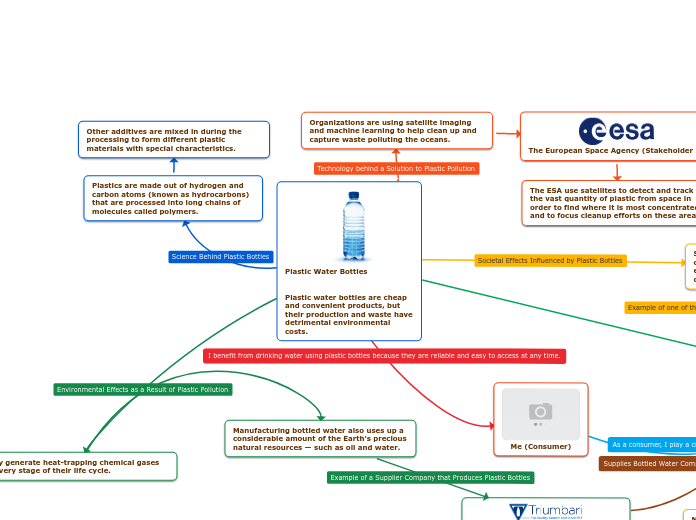

da Sabeh Ayoun Abdul Rahman
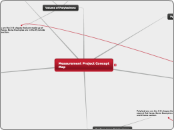

da math project
The audience that this mind map is targeting is students towards the end of elementary and early middle school. This will be used as a tool to help students understand how to do area, perimeter, and volume. This would be a resource they could use on homework so that they can get help threw games, videos, and a step by step means. To get the full affect you start with area vs perimeter, then move to area, then perimeter, and lastly volume.
The total distance around a two dimensional flat shape. To calculate perimeter we are adding all of the measurements around a shape together. Perimeter measurements for a circle change so lets look at the next box!
For all other shapes including squares, rectangles, and triangles we add up all the sides and we have the perimeter.
This is more commonly referred to as the circumference. You will need to find the radius, and from there you will multiply it by 2 and then multiply by pie (3.14).
The amount of space inside a flat object or shape. Such as, a square or triangle.
For a circle we need to know two main terms. r or radius and pie (which equals 3.14). To find the area we must square the radius (or times the radius by it's self) and multiply by pie. The formula is radius squared times pie.
For a trapezoid you will need to know three measurements. you need to have the base, the top (more commonly known as the second base), and the height. Then like the triangle you will need one half of the total product. For an example watch the video that is attached.
The formula is (a+b) times height divided by 2.
For a triangle you will need to have the same measurements as a parallelogram the only difference is that you want one half of the product of these two. The formula looks like 1/2 length times height.
For a Parallelogram we need to know two things the base (b) and the height (h). A parallelogram is named this way because it consists of two pairs of parallel lines. For an example watch the video that is attached. The formula is base times height.
When looking at area of a square or a rectangle you need to find the length and the width. Once we have both of these number we multiply them. The formula looks like length times width.
The amount of space a three dimensional shape takes up or occupies. We see volume in our daily lives and the most common object that we see this in is a bottle of soda. This is because the people who make these bottles have to know the volume to be able to fill up all of their bottles the same way.
This is similar to the other two because like the other two we need to find the area of the base, which for a pyramid is a square and a cone is a circle. then we multiply the area of the base by the height and divide by 3. The formula looks like 1/3 Area of the base times the height. Watch attached video for an example.
Then divide by three.
Multiply by the height.
Find the area of the base. Which is the area of a circle.
Lastly divide by three.
Then multiply this number by the height.
First find the area of the base. Which is the area of a sqaure
The formula for this is the exact same as a rectangular box. Which is the area of the base times the height. In this case you will need to find the area of the circle on the bottom which is the radius squared times pie. Watch attached video for an example.
For a rectangular box (or commonly known as a rectangular prism) we will need to find the Area of the base and the height of the box. To find the area of the base we use the area formula of a rectangle which is length times width. Watch the attached video for an example.
These two measurements can seem similar but they are very different! To see the difference lets watch the video that is attached.